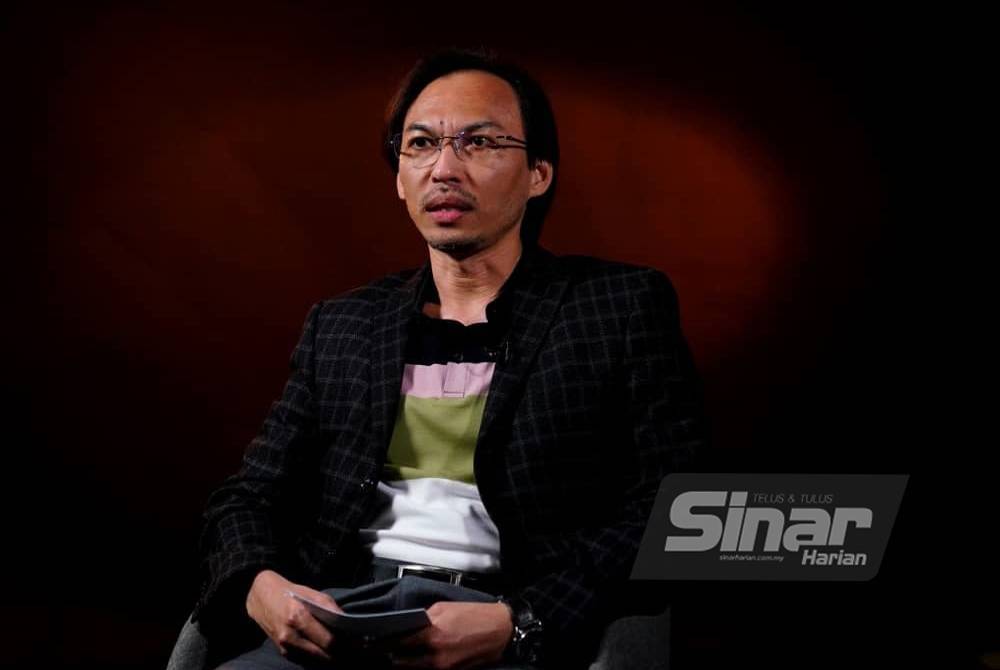Earning RM15,000 to RM20,000 monthly not considered as 'ultra rich' - Analyst
This income level still fell under the T2 category within the T20 group based on DOSM's Household Income and Expenditure Survey report.

SHAH ALAM - A monthly income of between RM15,000 and RM20,000 could not be classified as the "mahakaya" (ultra rich) group.
Economist Associate Professor Dr Ahmad Azrin Adnan said this income level still fell under the T2 category within the T20 group based on the Household Income and Expenditure Survey report by the Department of Statistics Malaysia, last year.
He added that the classification of household income should take into account locality and the cost of living in a particular area before an accurate mechanism for determining these groups was established.
"In my opinion, classifying households by income alone is somewhat inaccurate. That’s why the government uses net disposable income (NDI), although it has not yet been detailed further.
"I am confident that the Economy Ministry already has a method for determining what is meant by NDI. This will place us in the appropriate category based on net income according to locality and the cost of living in a particular area.
"In one state, the cost of living varies between districts, let alone between states. We haven't even looked at urban versus rural areas," he told Sinar.
Azrin said he believed that Prime Minister Datuk Seri Anwar Ibrahim's statement regarding the threshold value for salaries that may fall within the T15 category, which was between RM15,000 and RM20,000, was only a general estimate and lacked precise details.
He also viewed the involvement of state Islamic councils as crucial in determining the mechanism for classifying net income, even though these agencies did not base their assessments on NDI, but rather on the poverty line.
He said these agencies usually considered the minimum income needed to meet the basic needs of a household based on the current cost of living.
"The way the state Islamic councils calculate is by looking at the total income and then deducting items such as taxes. The remainder then determines which group we fall into, whether it's the needy, poor, or otherwise.
"The same goes for NDI because it uses a similar method. An amount of RM15,000 in Kuala Lumpur is different from RM15,000 in Kota Bharu, Kelantan.
"If we look at income classifications during Covid-19, many could be considered B80 (the lowest income group), but that was relevant at the time.
"With the technology available today, we use NDI, but the challenge lies in the workforce, as net income varies for everyone," he added.









